Hadiza's escape
Hadiza is in her twenties. She grew up in Nigeria with her parents and siblings.
The family scraped a living by selling bean cakes by the side of the road. Over the course of five years, Hadiza and her mother were befriended by a man who would regularly buy their goods.
He told Hadiza she was too beautiful and clever to be working like this and that he could get her a good job in Europe working as a waitress or nanny. By this stage her family trusted him so they agreed. Hadiza was uncomfortable that her trafficker produced a passport and travel documents with a different name and date of birth. He explained this was simply to overcome the fact she was too young to work abroad, and reassured Hadiza’s mother, who was anxious about paying back the money for her travel, that Hadiza’s wages would soon cover this. Before leaving Nigeria, Hadiza was taken to a JuJu ceremony to bind her to her trafficker.
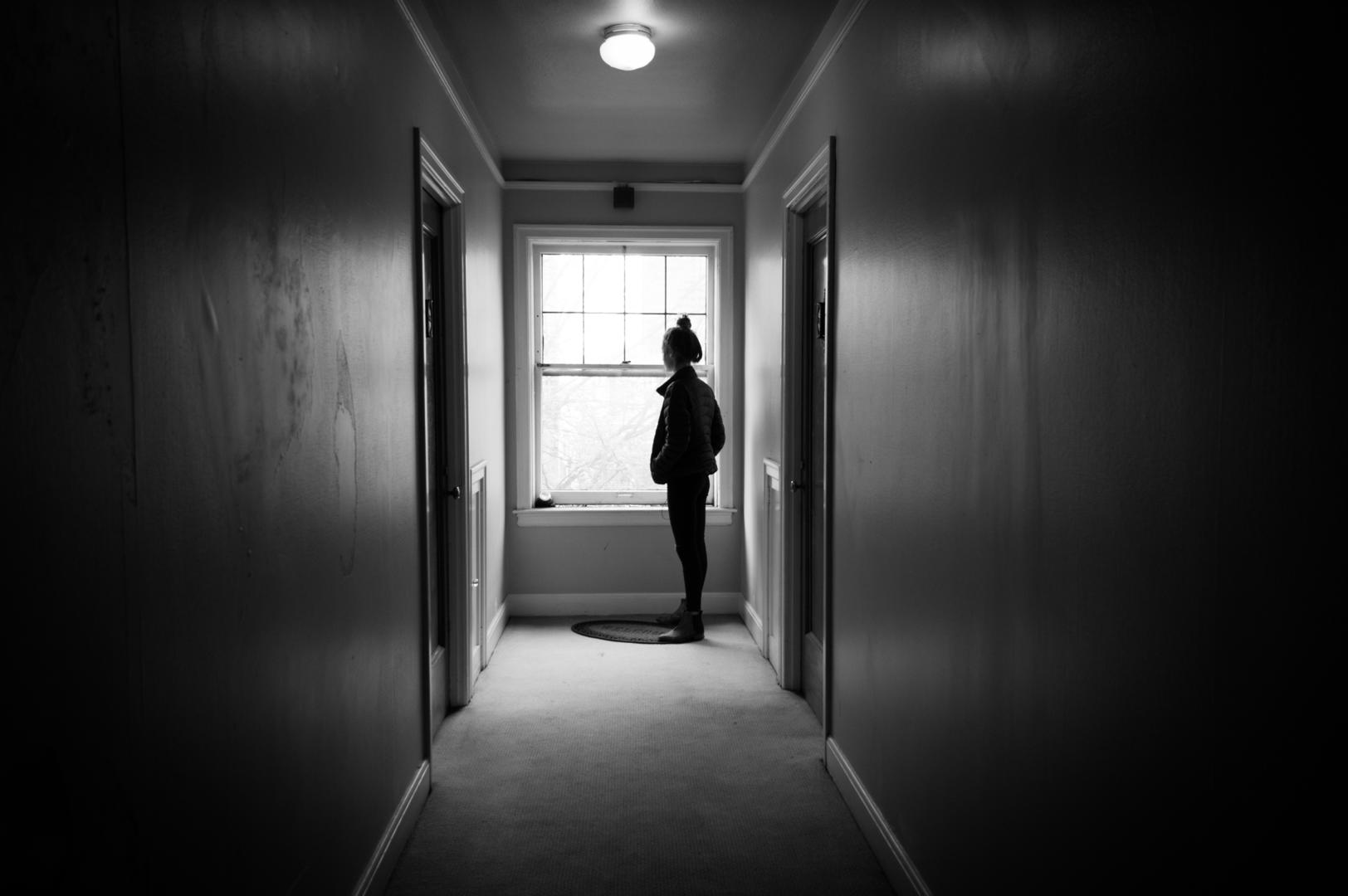
Hadiza was suspicious that four other girls travelled with them but her trafficker remained friendly until they arrived in Germany and were taken to a large house. Here he became instantly aggressive and told the girls that they would have to work as prostitutes to pay back their travel costs. Hadiza was devastated. He threatened to hurt and humiliate her family should she ever try to escape and assaulted her if she did not willingly comply with prostitution. When brought to the UK, her exploitation continued. She was even tricked into taking a drugged drink, regaining consciousness only to find two men raping her.
One day the victimised girls realised there was a chance to escape, while their traffickers were preoccupied taking intravenous drugs. They ran in panic into the street and became separated. Frightened and vulnerable, Hadiza was helped to a police station where staff and solicitors referred her to The Salvation Army.
At a safehouse she received much-needed counselling and legal support and was granted refugee status. Staff also helped her find somewhere to live and opportunities for training. By the time Hadiza left the safehouse they had witnessed a remarkable transformation in her manner and attitude to life. She started to smile and laugh, took pleasure in life and looked forward to making the most of the opportunities she had been given.
Hadiza is now living independently and studying; she recently went on an apprenticeship scheme for a major UK supermarket group. She feels much more positive about life and is keen to help other people understand that without the support she’s received, she cannot imagine how she would have survived to start rebuilding her life.
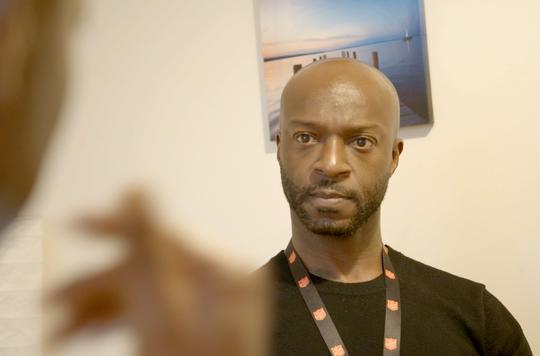
How we support survivors
Find out how we support survivors of Modern slavery through our Government contract and a wide range of specialist services.
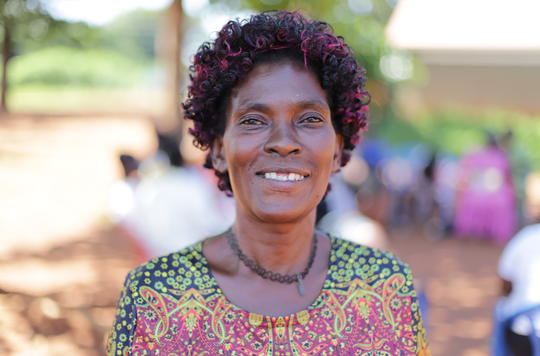
Global response
Find out more about our work to stop human trafficking at the source globally
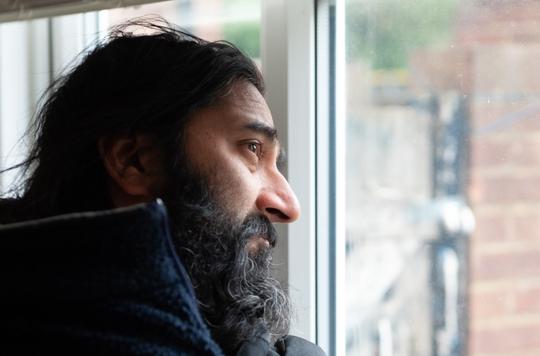
Survivors' stories
Survivors of modern slavery supported by The Salvation Army share their stories
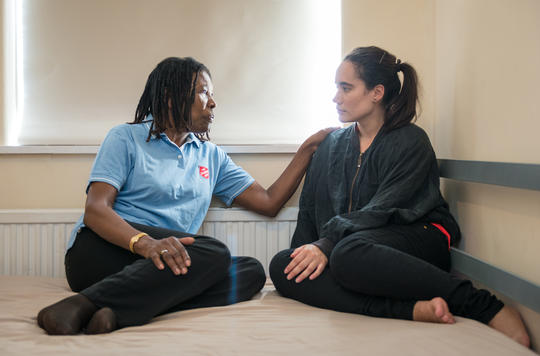
Modern slavery
We provide specialist support for adult victims of modern slavery.